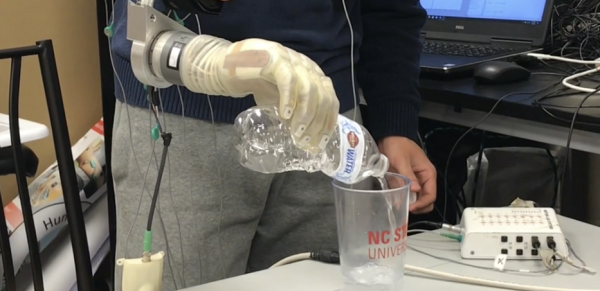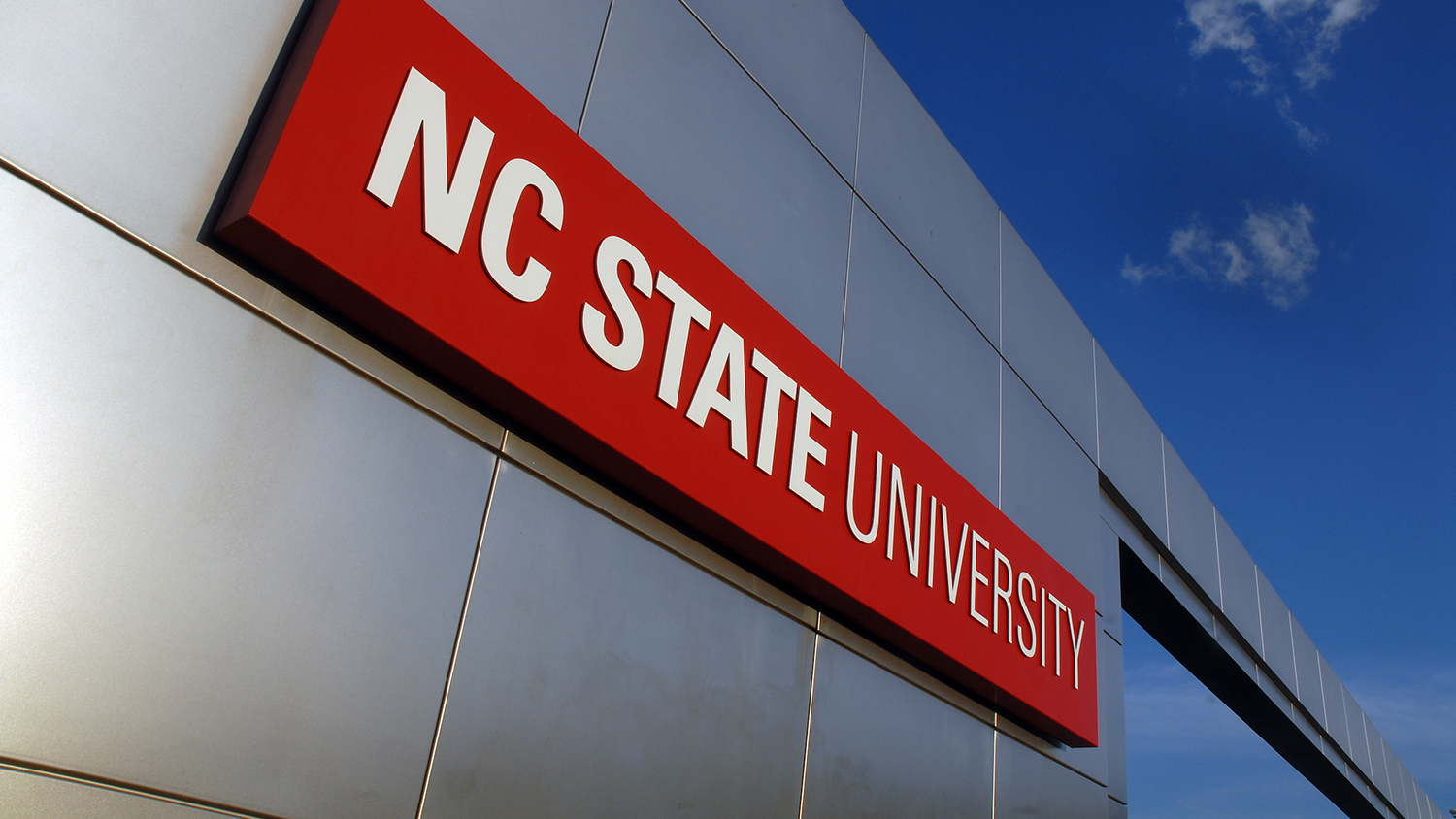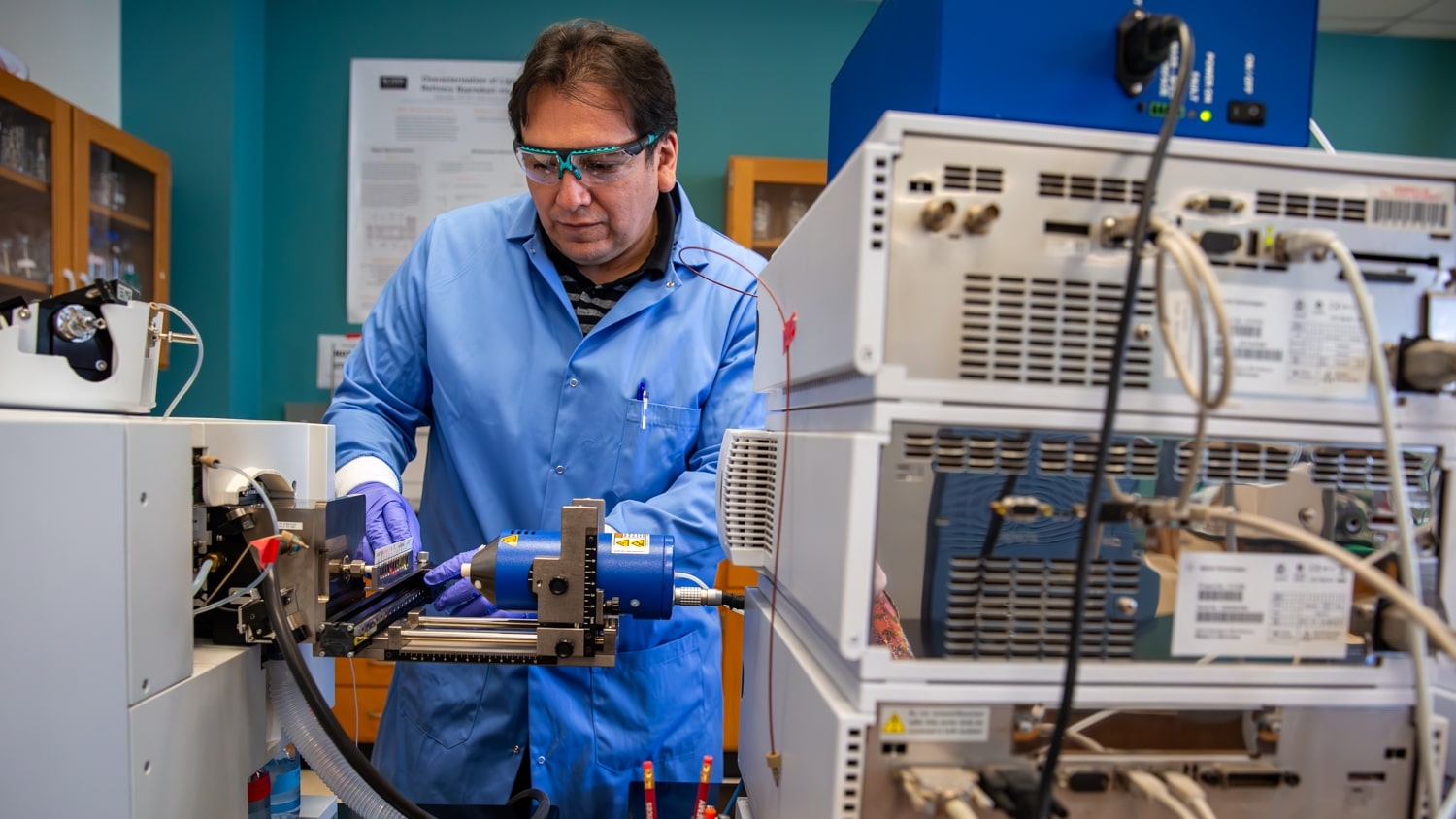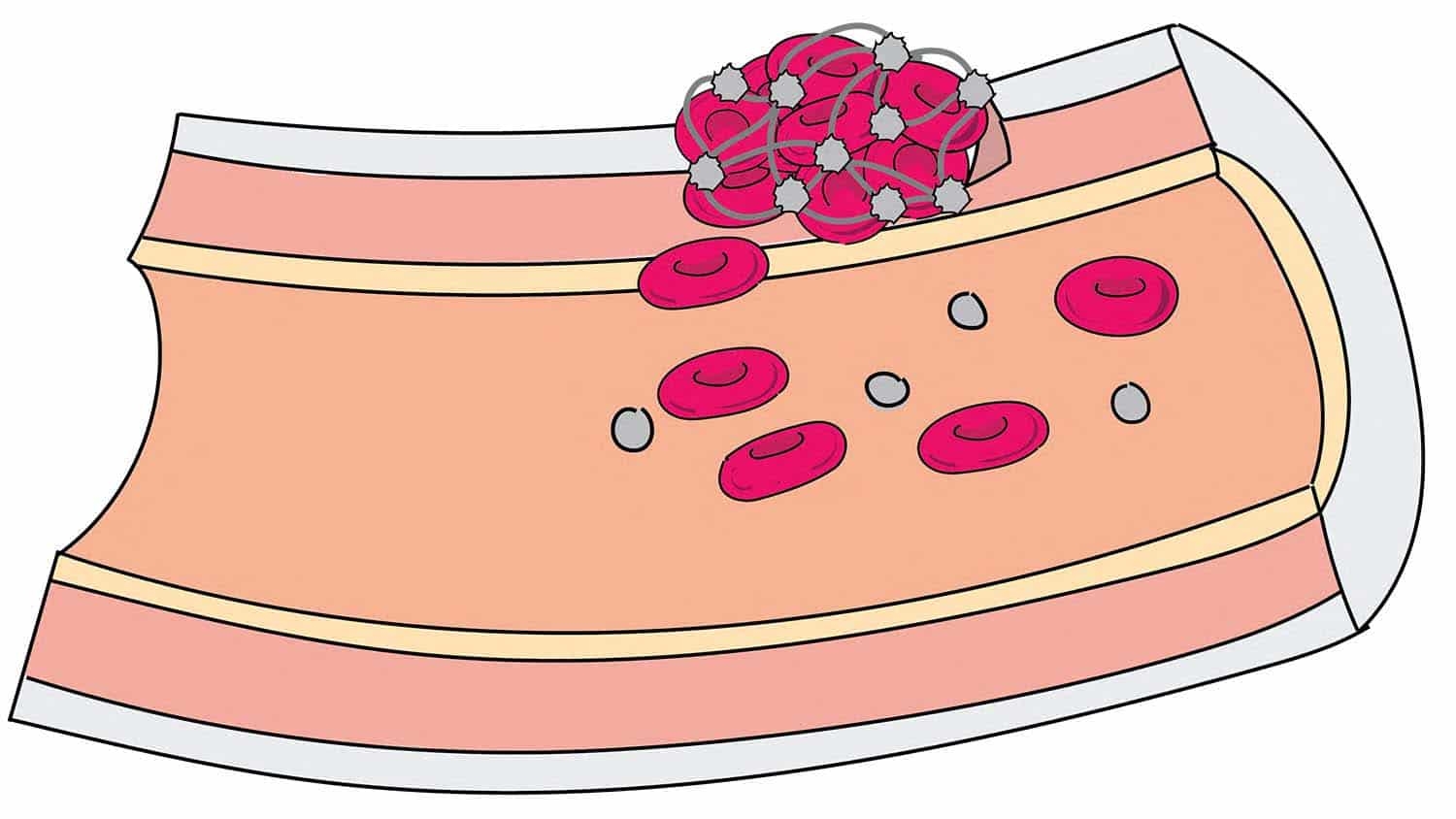By Jack Boden
Department of Mechanical and Aerospace Engineering
A collaborative National Robotics Initiative (NRI) proposal led by several professors from NC State’s College of Engineering has been awarded $1.2 million in funding from the National Science Foundation (NSF).
The award, titled “Collaborative Research: NRI: Smart Skins for Robotic Prosthetic hand,” seeks to further develop smart skin technology within robotic prosthetic hands for more effective and efficient prosthetics. The project will be led by Associate Professor from the Department of Mechanical and Aerospace Engineering Dr. Jie Yin, and co-PI from the UNC/NC State Department of Biomedical Engineering, Jackson Family Distinguished Professor Dr. He (Helen) Huang.
“The goal of this project is to fundamentally understand the adaptive tactile interactions between the smart shape-morphing robotic skins and grasped objects for autonomous slip prevention in robotic prosthetic hands and reduced cognitive workload in prosthesis users,” the proposal abstract states.

Dr. Yin and Dr. Huang will work with Dr. Chenglin Wu from Missouri University of Science and Technology and Dr. Bo Li from Villanova University on a three-pronged approach to examine and demonstrate the integration of multi-scale manufacturing technologies to achieve complex functional systems at the human-object interface, and work toward innovative reflex-like control of a robotic prosthetic hand.
According to the abstract, the team will (1) develop a fundamental understanding of contact behaviors in smart morphing skins-objects through design, fabrication, actuation and modeling (2) work to integrate flexible tactile and spatial sensing on smart skins, and (3) evaluate interactive integrated human-robotic systems for preventing slip.
“This project will generate new knowledge on the active role of actuated shape-morphing surface morphologies in tuning the friction. The translational research on upper limb amputees will provide new insight on human-prosthesis interactions and effectiveness of shared prosthesis control paradigm on amputees’ motor function and cognitive load,” the abstract states. “This project will also advance the knowledge in the multidisciplinary fields of mechanics, sensing, manufacturing, robotic prosthesis controls, and human-robot interaction.”
- Categories:



